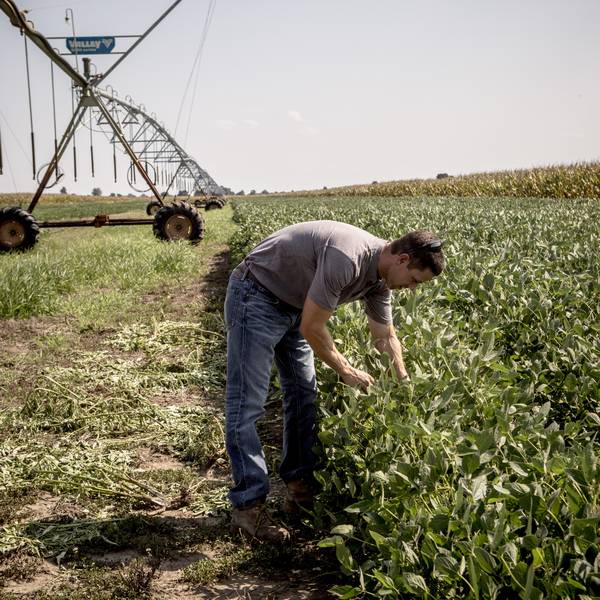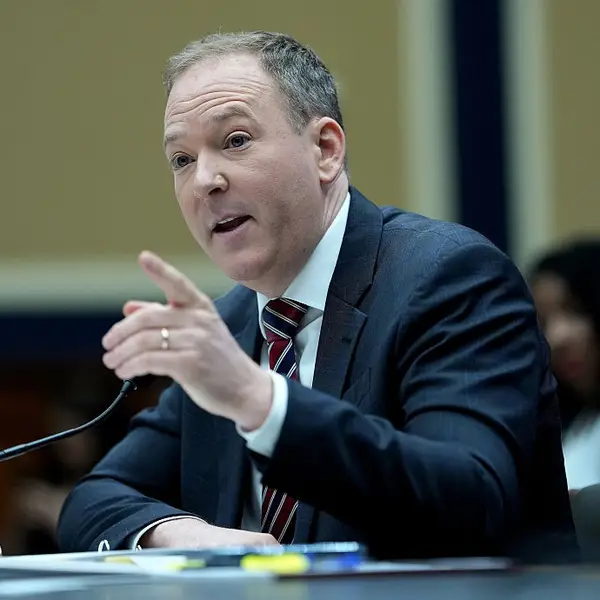Washington on Thursday became the first U.S. state to file a lawsuit against Monsanto for damages related to the company's production of polychlorinated biphenyls (PCBs).
Monsanto was the only U.S. company to produce the toxic industrial chemicals from 1935 to 1979, when they were banned by the Toxic Substances Control Act.
The company "knew for decades that PCBs were toxic and knew that they were widely contaminating all natural resources and living organisms" yet "concealed these facts and continued producing PCBs until" the Congressional action, the suit (pdf), which sites several internal company memos, states.
"Monsanto knew the dangers of PCBs yet hid them from the public to generate profits," declared Attorney General Bob Ferguson in a press statement announcing the legal action. "I will hold Monsanto accountable for its actions," he said.
PCB pollution is pervasive and long-lasting--a concern given that the Environmental Protection Agency deems PCBs a probable carcinogen, and they have been linked to other serious health effects.
"Monsanto is responsible for producing a chemical that is so widespread in our environment that it appears virtually everywhere we look--in our waterways, in people, and in fish--at levels that can impact our health," added Gov. Jay Inslee in the press statement.
Indeed, the suit states that "PCBs contaminate waterways, waterbodies, sediment, fish, and other land, water, and wildlife throughout the state of Washington," and "have caused and will continue to cause direct injury to Washington's public natural resources." It adds:
The State of Washington has incurred significant costs to identify and reduce sources of Monsanto's PCBs entering and contaminating public natural resources. The State has also incurred significant costs towards monitoring, investigation, analysis, and remediation of Monsanto's PCBs in the environment. The State's residents have borne costs of treating and managing PCB -contaminated water.
The State incurs and will continue to incur significant costs into the future due to the presence of Monsanto's PCBs.
Seattlepi describes the suit, filed in King County Superior Court, as "a political signal as well."
With the incoming Trump administration tapping anti environmental and anti-consumer politicians for top positions--e.g. climate skeptic Scott Pruitt at EPA--Northeast and West Coast states are set to take the lead, particularly on environmental and climate policy.
The Washington cities of Seattle and Spokane already have lawsuits underway against Monsanto for PCB damages, as do Portland, Ore. and the California cities of Berkeley, Oakland, San Diego, San Jose, and Long Beach.
"It's time to hold [Monsanto] accountable for doing their fair share as we clean up hundreds of contaminated sites and waterways around the state," Gov. Inslee added.
Monsanto, for its part, said the case "lacks merit."



